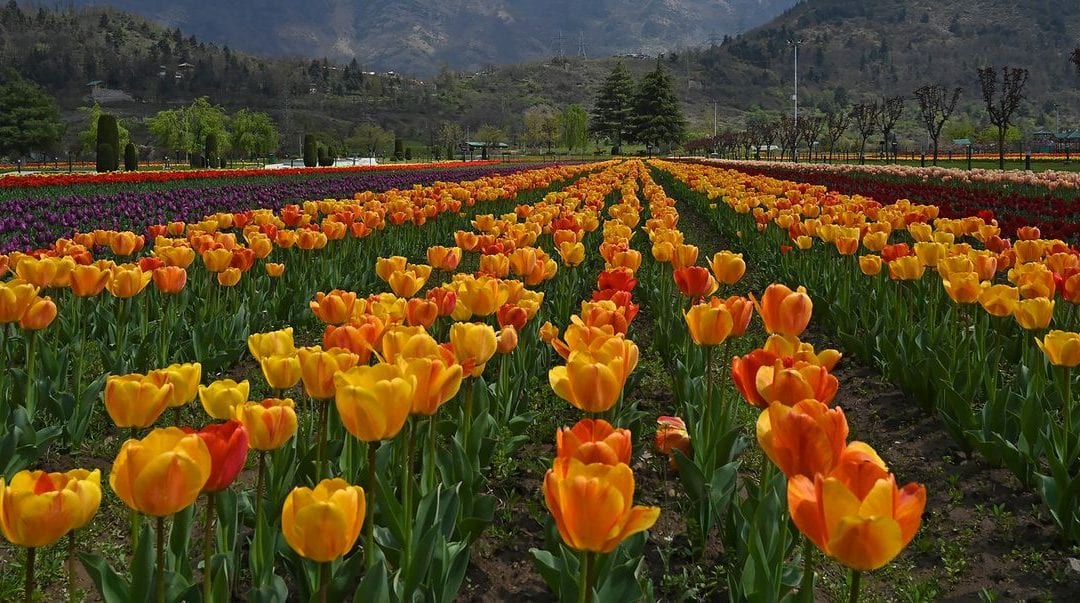The images of bouquets of tulips and chrysanthemums being destroyed at the Dutch flower auction last month were an arrow through many a flower-lover’s heart. “You can’t order [flowers] to stop growing,” Michel van Schie, a spokesman for the country’s primary grower cooperative, told NPR at the time. “And it’s not possible to keep them in storage when they’re not sold. So they are lost.”
COVID-19 continues to impact the flower industry catastrophically, as spring and summer are its most lucrative seasons. More than 350,000 weddings were set to take place in the U.S. in April and May alone; after the Center for Disease Control’s advisement against gatherings of more than 10 people, those weddings have largely been postponed or significantly downsized. With other flower-heavy events such as graduation celebrations are being canceled—and Americans growing increasingly anxious about non-essential spending—flower farms, small-business florists, and even large-scale grocery store flower distributors have felt the pinch.
But not all sectors are being affected equally. In fact, some nurseries have even seen an uptick in business.
Daniel Furman, part owner of Cricket Hill Garden , a specialty plant nursery in Thomaston, CT, estimates their retail has doubled in the month of April. “People are staying at home and spending more time on their gardens,” Furman says. As Cricket Hill already had a thriving online business, it didn’t take much for the nursery to adjust their platform to contactless pickup—where customers arrive to find their prepaid orders labeled by last name—or to send their peony plants, fruit trees, and berry bushes across the country.
Furman acknowledges that, had they not already been set up for e-retail and shipping, it would be challenging to scale those processes under pressure. “You break a lot of plants before you figure out how to do it properly,” he says. “And I think it’s the same thing with flowers.”
Businesses like Whimsy Hill Flower Farm in Blairsville, Georgia are doing their best to rise to this new challenge. Jennifer Logan, who co-owns Whimsy Hill with her husband, Rusty, is used to customers dropping by the farm to pick up bouquets. Pick-up, florist supply, and events constituted the bulk of their business; they’d never done delivery. But as the situation evolved, Logan became uncomfortable exchanging cash.
“I also didn’t want to encourage anyone to come out of their house,” she says. “But I have a greenhouse full of flowers that are just bursting into bloom.”
Logan hastily wrote a post on the farm’s Facebook page offering porch delivery—you leave a vase, they’ll drop a $15 bouquet in it—and was overwhelmed by the response. For the first delivery round, Logan enlisted her “teenager with a Toyota that gets great gas mileage” and they drove all over town, sanitizing their hands between each stop and spraying the cash down with Lysol. They’ve since formalized the delivery process a bit, asking their customers to switch to cash-free money transfer options like Venmo and Paypal. While business is still down from a usual year, Logan has been heartened […]
Source: How the Flower Industry Is Evolving In Response to This Pandemic






